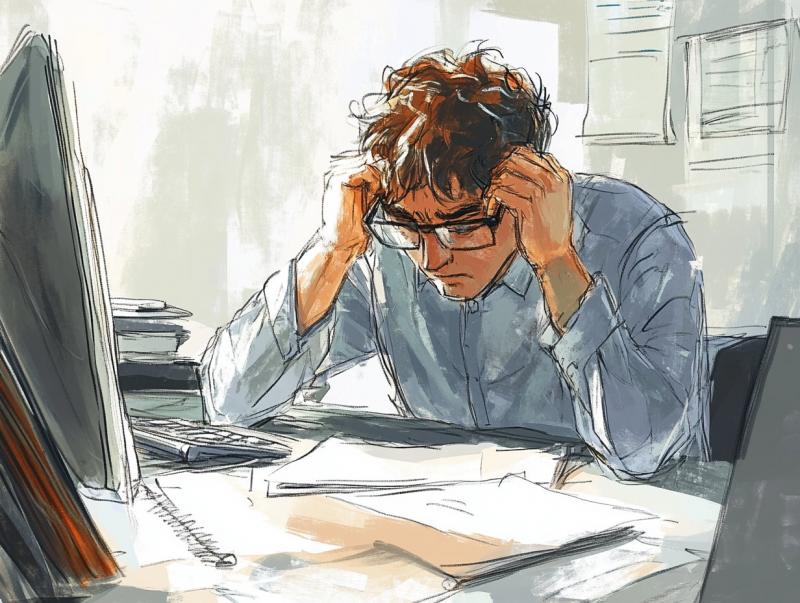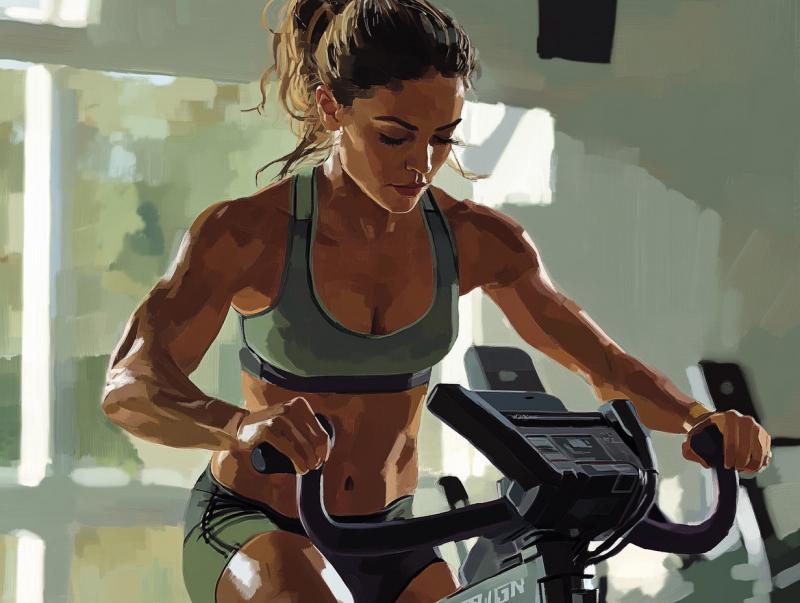How to keep your bones strong: Your bones naturally lose density and become more susceptible to fractures as you age. Proper nutrition, exercise, and lifestyle changes become essential to slow down this natural decline and maintain strong, healthy bones.
As you age, your bones naturally lose density, a process known as osteopenia, which eventually leads to osteoporosis if not managed properly. This decline in bone mass makes bones weaker and more susceptible to fractures. By the time you reach the age of 50, your bone health begins to deteriorate more significantly, as the body’s ability to regenerate bone tissue slows down. For women, the decrease in estrogen after menopause accelerates this process, while men also experience gradual bone loss as they age. This makes it increasingly important to focus on bone health at this stage, as the risk of fractures, especially in the spine, hips, and wrists, becomes higher.
The symptoms of weakening bones often appear gradually, with common signs including back pain, frequent fractures, a decrease in height, and a stooped posture. These may indicate osteoporosis, which typically develops without noticeable symptoms until a bone breaks. Causes of bone loss include aging, hormonal changes, insufficient calcium and vitamin D intake, lack of exercise, smoking, excessive alcohol consumption, and genetics.
Maintaining bone health after 50 is important for staying active and independent as you age, says Dr Akhilesh Yadav, Associate Director of Orthopaedics & Joint Replacement at Max Hospital, Vaishali, Ghaziabad. “Simple lifestyle adjustments like ensuring adequate calcium intake, staying physically active, and avoiding smoking can help reduce the risk of fractures,” he adds.
Dr Yadav suggests the following strategies to keep your bones strong and healthy:
- Sufficient calcium: Calcium is important for bone health. Adults over 50 should aim for a daily intake of 1,200 mg of calcium. To meet these needs, add calcium-rich foods into your diet. Opt for dairy products, leafy green vegetables, nuts, seeds, and fortified foods. If meeting your calcium requirements through food alone is challenging, consider calcium supplements, but always consult with a doctor before adding them to your routine.
- Get your vitamin D: Vitamin D plays a vital role in calcium absorption and bone health. With age your skin becomes less efficient at producing vitamin D from sunlight. Adults over 50 should aim for 600-800 IU of vitamin D daily, which can be obtained through sun exposure, dietary sources (like fatty fish, egg yolks, and fortified foods), or supplements if necessary. Regularly check your vitamin D levels to ensure you’re meeting your body’s needs.
- Weight bearing exercises: Physical activity, particularly weight-bearing exercises, is essential for maintaining bone density. Activities like walking, jogging, dancing, and strength training stimulate bone formation and help slow down bone loss. Practice a minimum of 30 minutes of weight-bearing exercise most days of the week. It’s also beneficial to include exercises that improve balance and coordination, which can help reduce the risk of falls and fractures.
- Quit smoking and limit alcohol: Smoking and excessive alcohol consumption can weaken bones. Smoking reduces the body’s ability to absorb calcium, while alcohol can interfere with the function of bone-forming cells. Quit smoking and limit alcohol intake to protect bone health. If you need help quitting smoking or managing alcohol consumption, reach out for support.
- Weight check: Both being underweight and overweight can negatively impact bone health. Low body weight increases the risk of bone loss and fractures, while excessive weight puts extra strain on bones and joints. Aim for a balanced diet that provides essential nutrients and engage in regular physical activity to maintain a healthy weight.
- Regular check-ups: Get your bone density tests as they are important for the early detection of osteoporosis or other bone-related conditions. Schedule a bone density test around the age of 50, or earlier if you have risk factors such as a family history of osteoporosis or previous fractures. Your doctor can then recommend appropriate interventions to protect and maintain your bone health.


